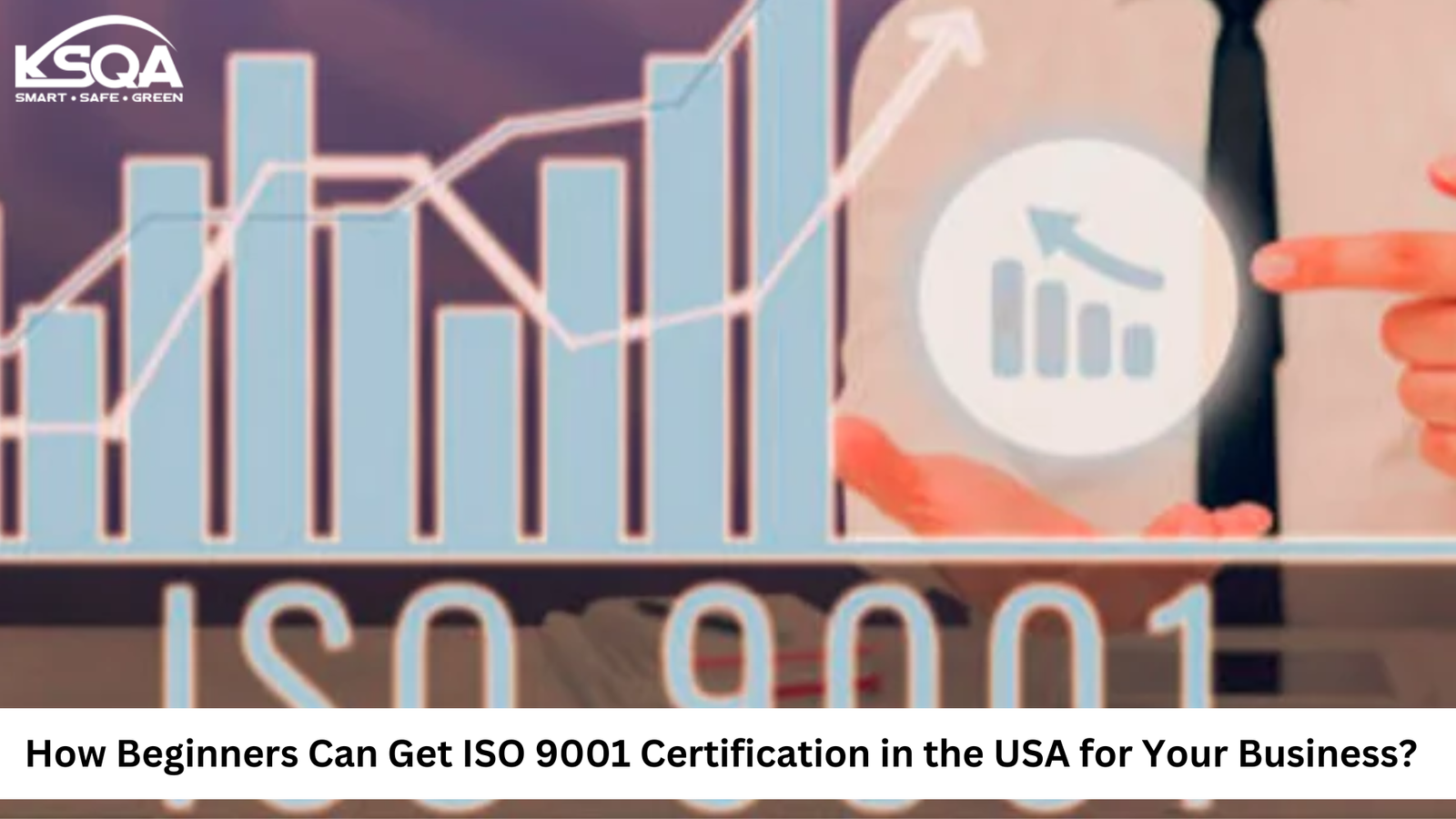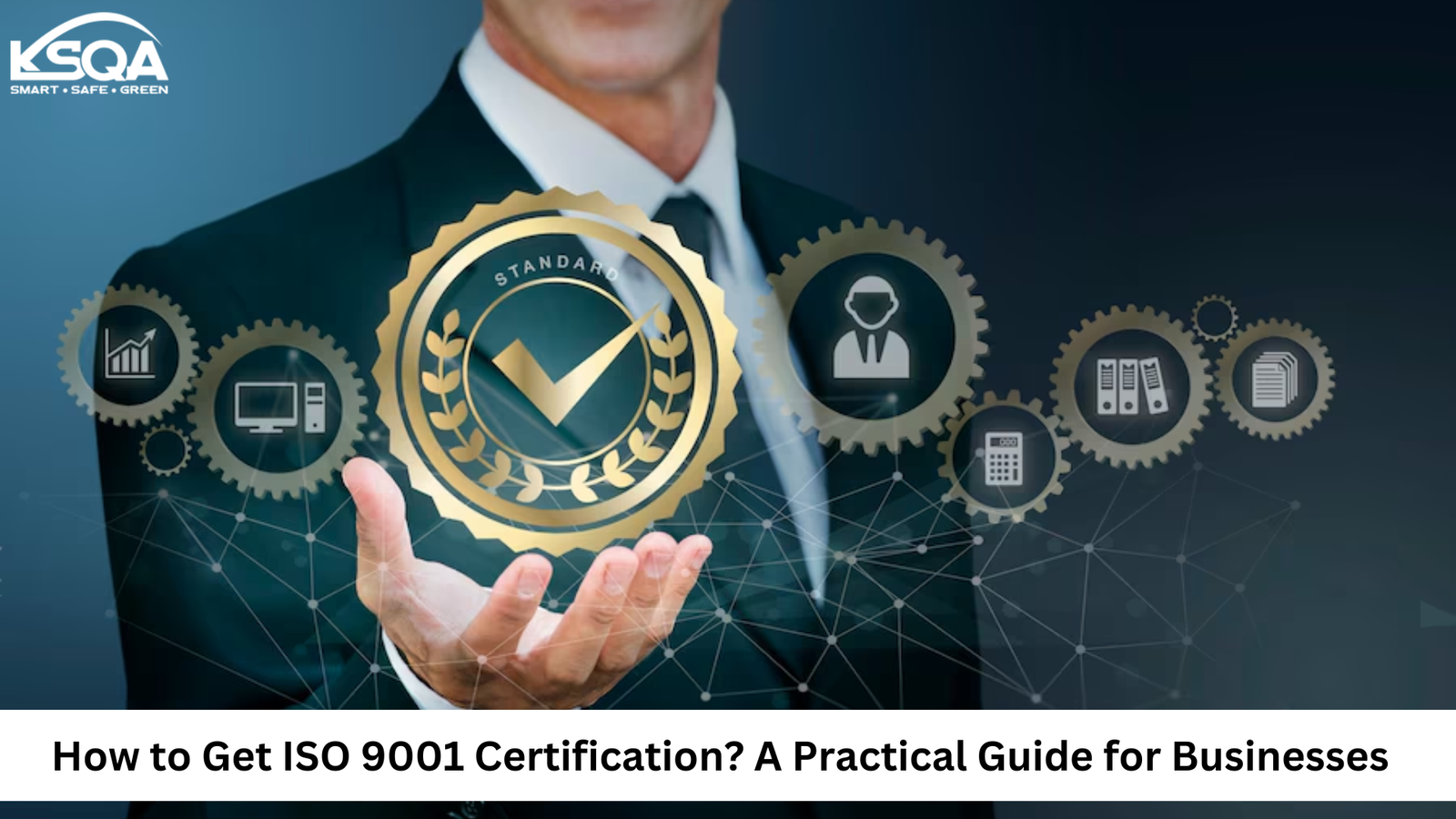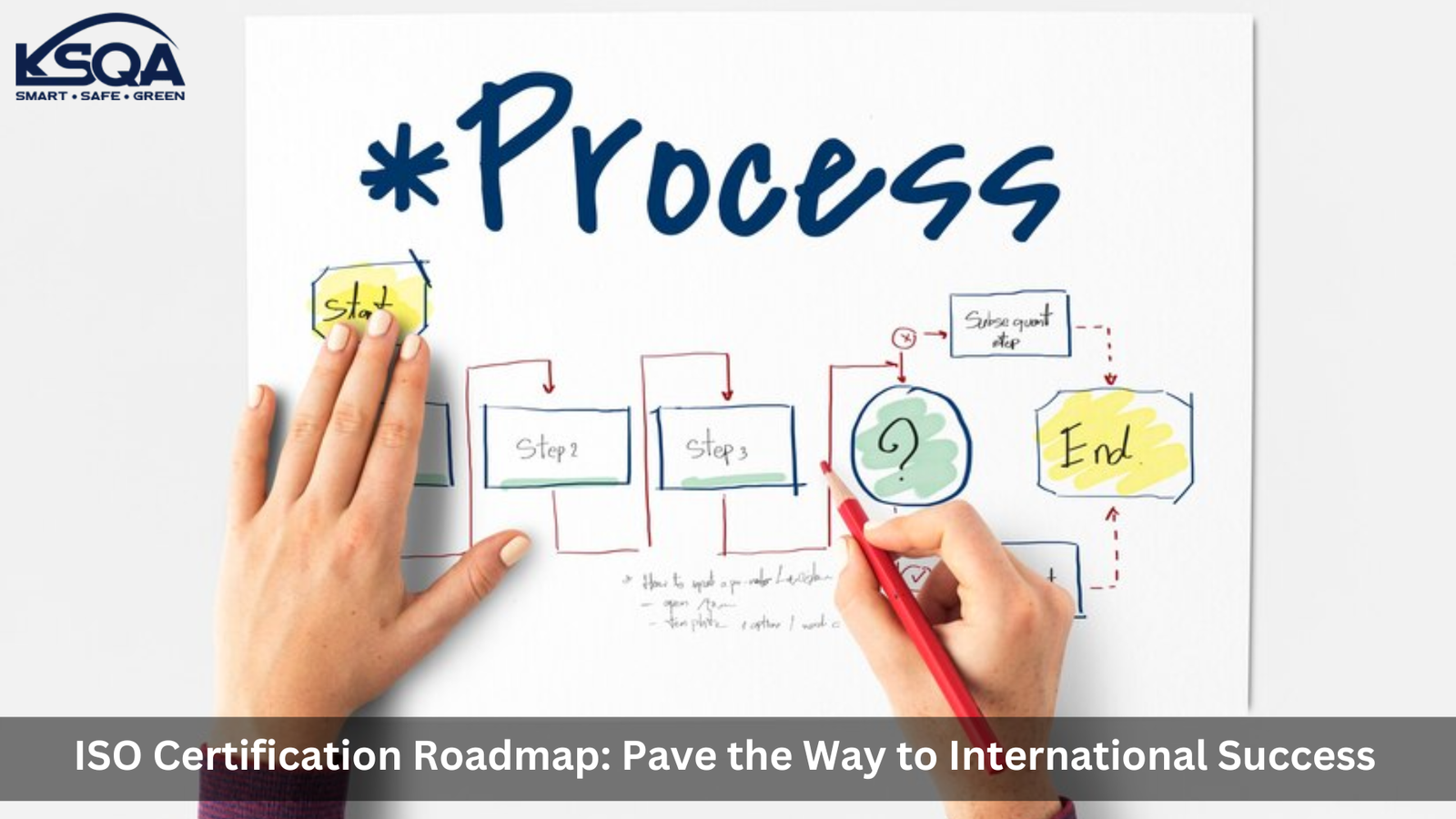Preparing for an ISO 9001 audit is essential for organizations aiming to maintain high-quality standards and improve operational efficiency. ISO 9001 ensures that your quality management system (QMS) aligns with global standards, enhancing customer satisfaction and business credibility.
In the USA, achieving compliance involves meeting strict requirements that demonstrate consistency and quality in products or services.
Since ISO audits are conducted annually depending on your business to ensure ongoing compliance, understanding the expectations of an ISO 9001 auditor certification helps businesses reduce risks and streamline the audit process.
This post will help you understand the key steps to prepare for an ISO 9001 audit.
11 Things to Know for ISO 9001 Audit Readiness
Understand the Requirements of ISO 9001
Familiarize yourself with the clauses and requirements outlined in the ISO 9001 standard. Focus on areas like leadership commitment, risk-based thinking, and continuous improvement. Knowing these will help align your QMS effectively.
Break down each requirement into actionable steps to ensure every department understands its role. Use gap analysis tools to compare your current processes with ISO standards. Regularly review any updates to the ISO 9001 standard, as revisions may affect compliance requirements.
Conduct an Internal Audit
An internal audit is a great way to identify gaps before the actual audit. It allows you to assess compliance with ISO 9001 requirements and address any non-conformities. Schedule your internal audit well in advance and use checklists to cover all aspects of the QMS.
Ensure the internal audit team is well-trained and impartial to provide accurate feedback. Treat this as a trial run to fine-tune your systems before the external audit.
Ensure Proper Documentation
Auditors will review documents like your quality manual, process flowcharts, and records. Make sure all your documents are accurate, updated, and easily accessible. Include documented evidence for each process to demonstrate compliance.
Organize records in a logical manner so auditors can find them quickly. Consider using digital tools or software to streamline document management and improve accessibility.
Engage Leadership
Leadership plays a critical role in demonstrating commitment to quality management. Ensure that top management understands their responsibilities and can show active involvement during the audit. Schedule regular meetings to discuss ISO 9001 objectives and progress.
Leaders should also be involved in reviewing audit findings and corrective actions. Strong leadership sets the tone for the rest of the organization, showing that ISO compliance is a priority.
Train Your Employees
Your employees should know how their roles impact quality management. Provide training sessions so they are familiar with ISO 9001 requirements and can answer auditor questions confidently.
Use simple language and practical examples to make the training relatable. Role-playing exercises can prepare employees for potential audit scenarios. Create a culture of accountability where employees feel responsible for maintaining quality standards.
Address Non-Conformities Promptly
If your internal audit reveals any non-conformities, resolve them before the external audit. Take corrective actions and document how these issues were addressed.
Investigate the root cause of each non-conformity to prevent recurrence. Involve the relevant teams in corrective actions to promote ownership. Regularly review corrective actions to ensure their effectiveness over time.
Focus on Risk Management
Risk-based thinking is a key component of ISO 9001. Be ready to demonstrate how you identify risks, evaluate them, and take action to mitigate potential issues.
Use tools like risk matrices to prioritize and address significant risks. Encourage teams to proactively identify risks in their workflows. Regularly update your risk register to reflect any new challenges or opportunities.
Maintain Customer Focus
ISO 9001 emphasizes customer satisfaction. Show how your processes meet customer needs and how you handle complaints or feedback to improve your services. Share customer feedback and how it is integrated into your quality management strategy.
Develop measurable customer satisfaction metrics to track progress. Build relationships with customers to better understand their expectations and preferences.
Be Ready for On-Site Assessments
Auditors will likely visit your facility to observe operations. Make sure your workplace is organized, employees understand their roles, and records are readily available.
Walk through the facility beforehand to ensure everything is in order. Prepare a designated team to assist the auditor during the visit. Anticipate questions about your processes and prepare clear, concise responses.
Work with a Qualified ISO 9001 Auditor
Hiring a certified auditor can ensure a thorough and accurate review. A qualified auditor will not only identify areas for improvement but also help you understand best practices.
Choose an auditor with industry experience relevant to your business. Request references or case studies to verify the auditor’s expertise. Establish open communication with the auditor to ensure a smooth process.
Importance of Commitment and Communication
One critical yet often overlooked factor in audit preparation is ensuring a commitment to quality throughout the organization. This includes fostering open communication across all levels of staff to build awareness about ISO standards and their benefits.
Regular discussions on audit preparation and quality objectives can instill a sense of responsibility in employees. Encouraged team collaboration not only aligns everyone with the organization’s goals but also ensures that any potential gaps in compliance are identified and addressed promptly.
A strong culture of commitment and transparency can significantly boost your readiness for an ISO 9001 audit.
Conclusion
Preparing for ISO 9001 auditor certification might seem overwhelming, but with proper planning and preparation, it can be a smooth process. By conducting internal audits, maintaining updated documents, and involving employees, your organization can meet the requirements with confidence.
A well-prepared team and a robust QMS will make it easier to achieve auditor certification, demonstrating your commitment to quality and opening up new business opportunities. Taking these steps ensures that you’re ready for success in today’s competitive marketplace.
Need expert help preparing for an ISO 9001 audit? KSQA offers professional guidance to streamline the process and ensure your success. Let their certified experts assist your business every step of the way. Visit their official website today to get started!

.jpg)
.jpg)
.jpg)



